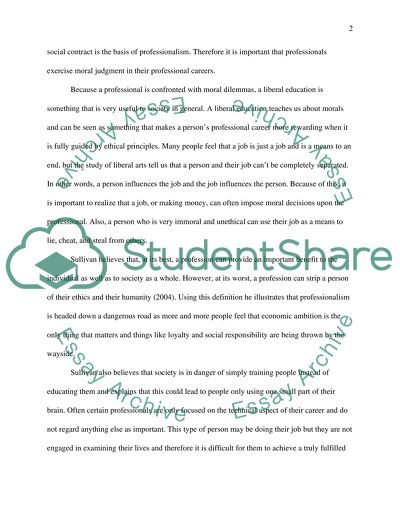Cite this document
(“Liberal Art Studies Essay Example | Topics and Well Written Essays - 1500 words”, n.d.)
Retrieved from https://studentshare.org/environmental-studies/1419088-liberal-art-studies
Retrieved from https://studentshare.org/environmental-studies/1419088-liberal-art-studies
(Liberal Art Studies Essay Example | Topics and Well Written Essays - 1500 Words)
https://studentshare.org/environmental-studies/1419088-liberal-art-studies.
https://studentshare.org/environmental-studies/1419088-liberal-art-studies.
“Liberal Art Studies Essay Example | Topics and Well Written Essays - 1500 Words”, n.d. https://studentshare.org/environmental-studies/1419088-liberal-art-studies.


